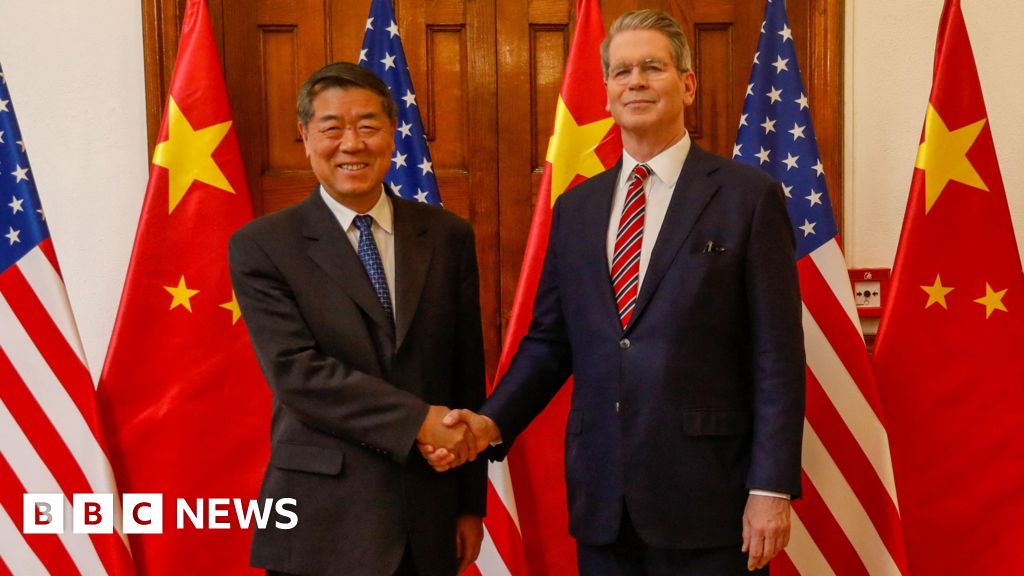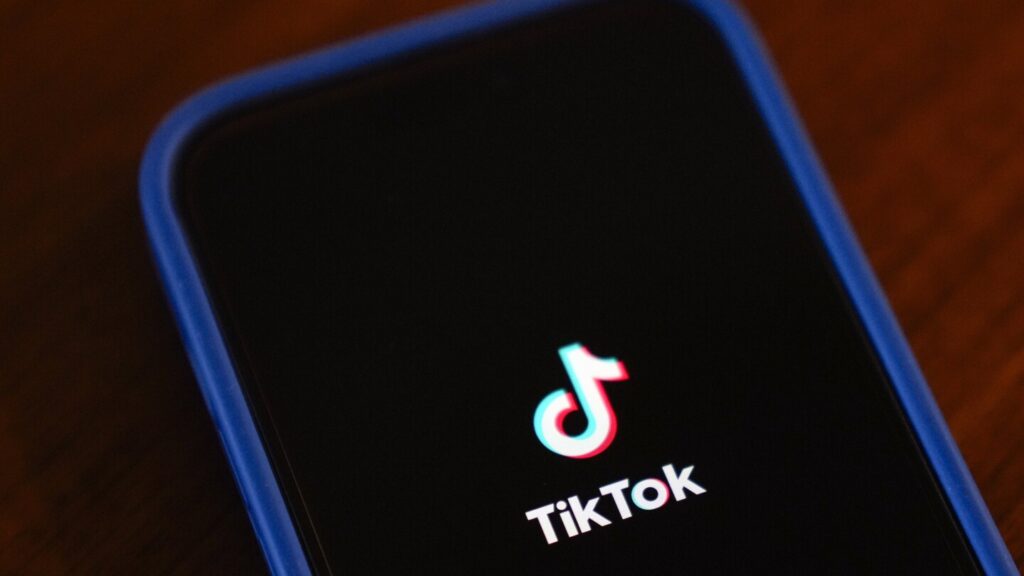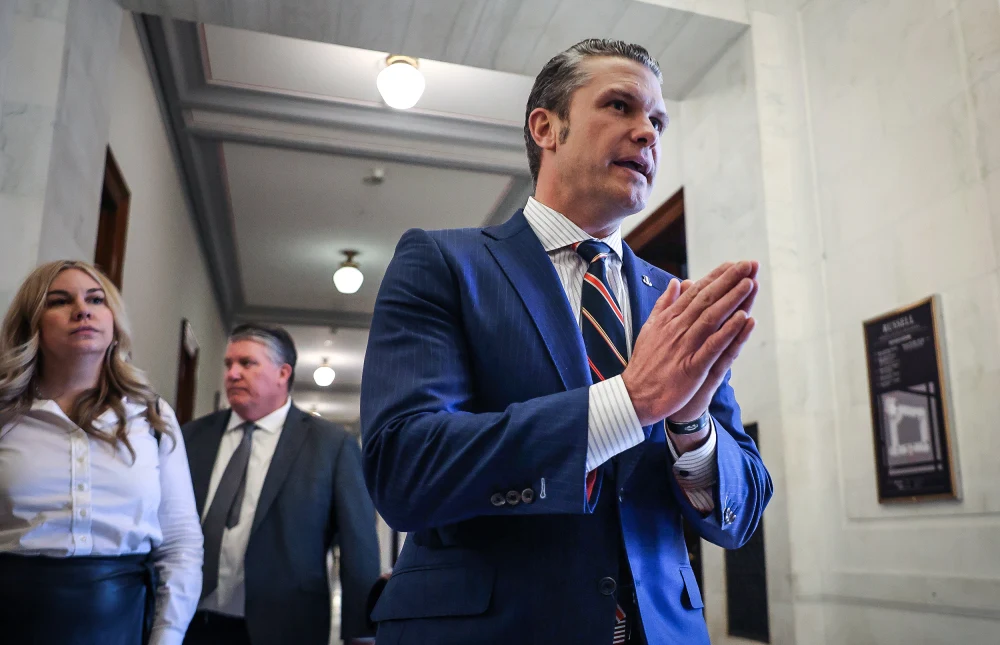Now Reading: Appeals Court Upholds TikTok Ban-Or-Sale Law Amid National Security Concerns
-
01
Appeals Court Upholds TikTok Ban-Or-Sale Law Amid National Security Concerns
Appeals Court Upholds TikTok Ban-Or-Sale Law Amid National Security Concerns
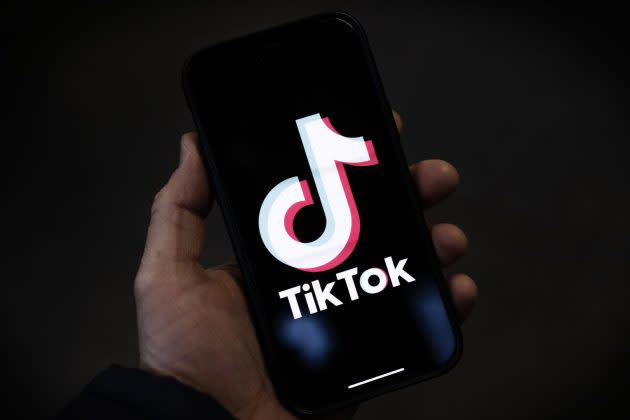
The U.S. Court of Appeals for the D.C. Circuit has upheld a pivotal law requiring ByteDance, TikTok’s Chinese parent company, to sell its U.S. operations by January 19, 2025, or face a nationwide ban. The ruling supports the government’s claim that TikTok poses significant national security risks due to its data collection practices and potential influence from the Chinese government.
Key Details of the Decision
- The Court’s Ruling:
The three-judge panel unanimously upheld the law, citing evidence that ByteDance’s ties to the Chinese government could compromise the security of American user data. The opinion emphasized, “Safeguarding the freedom of expression requires protecting against adversaries gaining access to sensitive information.” - Implications for TikTok:
If ByteDance does not divest, TikTok could become unavailable in the U.S., at least temporarily. The ruling has left the platform’s 170 million American users, including content creators and businesses, in a state of uncertainty.
TikTok’s Response
TikTok announced plans to appeal to the Supreme Court, arguing that the law violates First Amendment rights and amounts to censorship. A spokesperson for the platform stated:
“This law is based on flawed and hypothetical allegations. Silencing TikTok will not address the broader issues of data privacy but will censor millions of Americans who use our platform to express themselves, connect, and grow their businesses.”
TikTok also faces challenges in selling its U.S. operations, with the Chinese government reportedly opposing any forced divestiture.
National Security vs. Free Speech
The court’s ruling reflects the ongoing tension between safeguarding national security and protecting free speech:
- Proponents of the Ban:
Advocates argue the law is necessary to prevent foreign influence and protect user data. Federal Communications Commission Chair Brendan Carr called the ruling a “win for national security.” - Critics of the Ban:
Civil liberties groups like the ACLU have warned of dangerous precedents. Patrick Toomey, deputy director of the ACLU’s National Security Project, said, “This decision gives the government excessive power to shut down platforms without clear evidence of harm.”
Political and Business Implications
- Trump’s Position:
President-elect Donald Trump has indicated he would support a U.S.-based acquisition of TikTok, potentially facilitating a smoother transition if ByteDance agrees to sell. However, his administration’s position on a complete ban remains uncertain. - Impact on Businesses and Creators:
Many small businesses and influencers rely on TikTok for income and outreach, raising concerns about economic repercussions if the app becomes inaccessible.
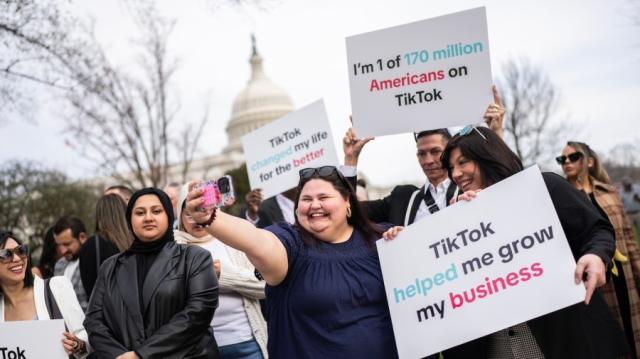
What’s Next?
With a Supreme Court appeal looming, the future of TikTok in the U.S. remains uncertain. Meanwhile, the ruling could serve as a precedent for how the U.S. government regulates foreign-owned tech platforms tied to authoritarian regimes, potentially reshaping digital policy and U.S.-China relations.
What’s your take? Does the TikTok ban protect national security, or is it a step too far in limiting free speech? Share your thoughts below.
Tags:
TikTok, TikTok Ban, National Security, ByteDance, Free Speech, U.S.-China Relations, Data Privacy, DC Circuit Court, Social Media, Tech Policy, Supreme Court, SCOTUS, Digital Rights, ByteDance Sale, TikTok Creators


